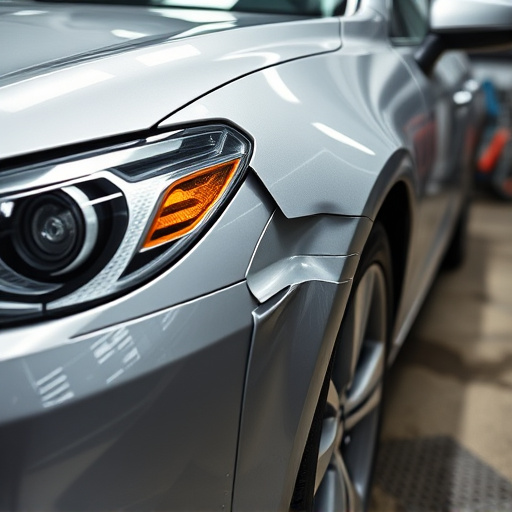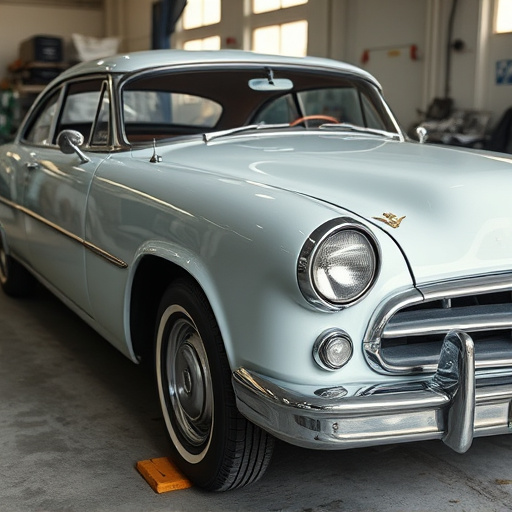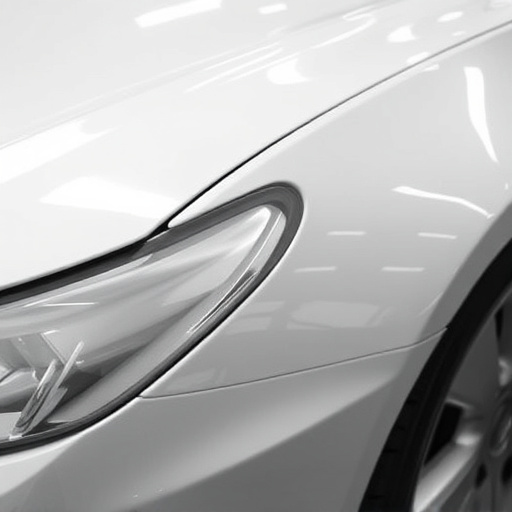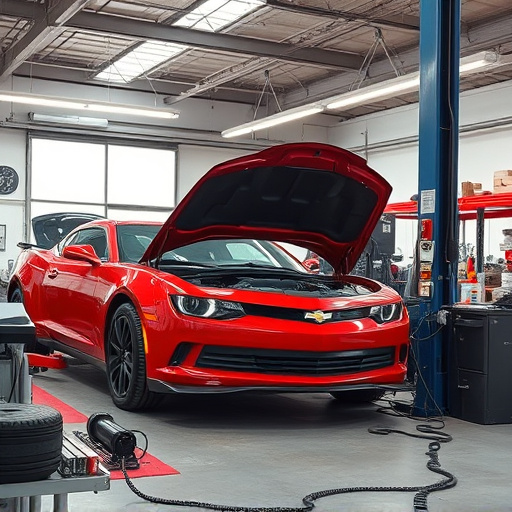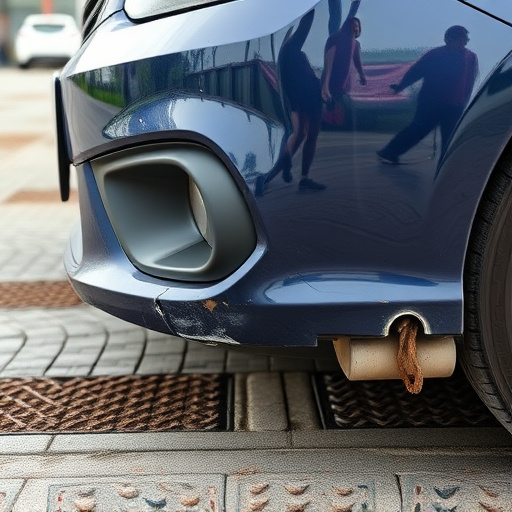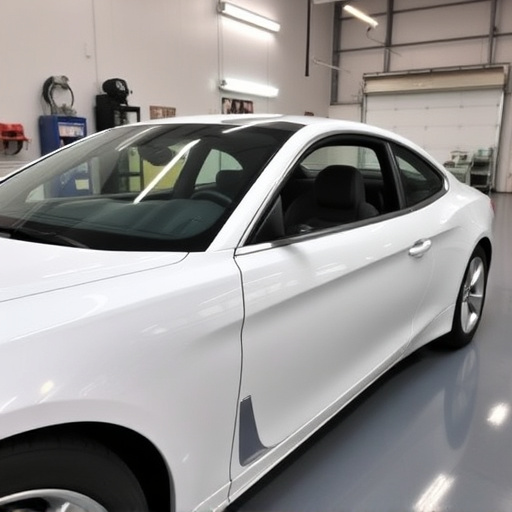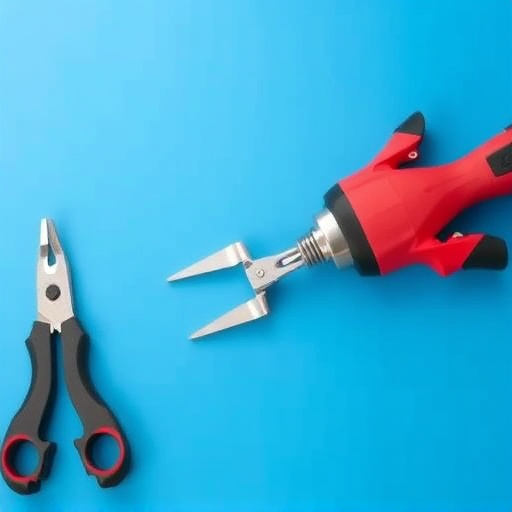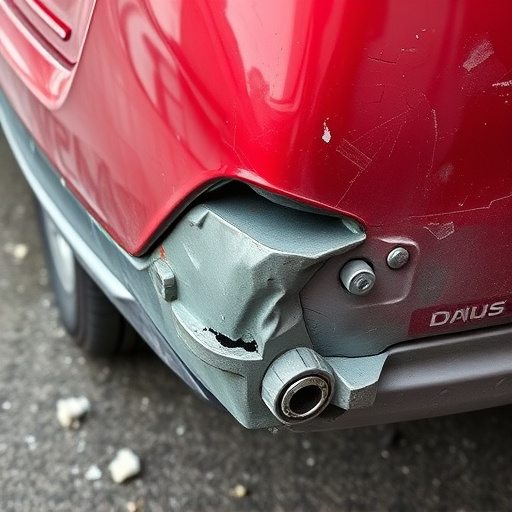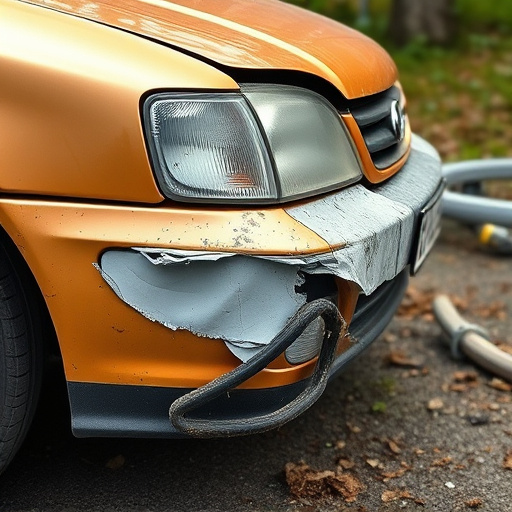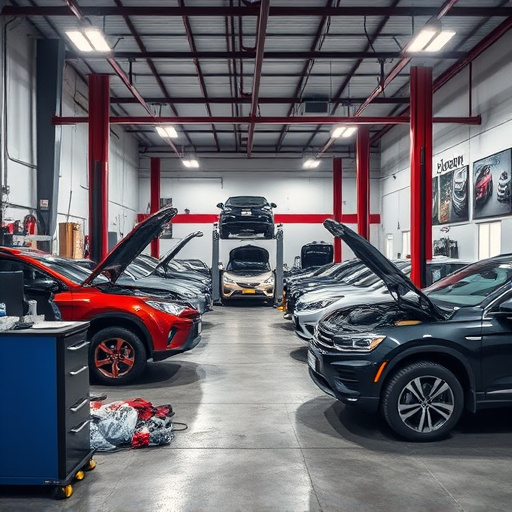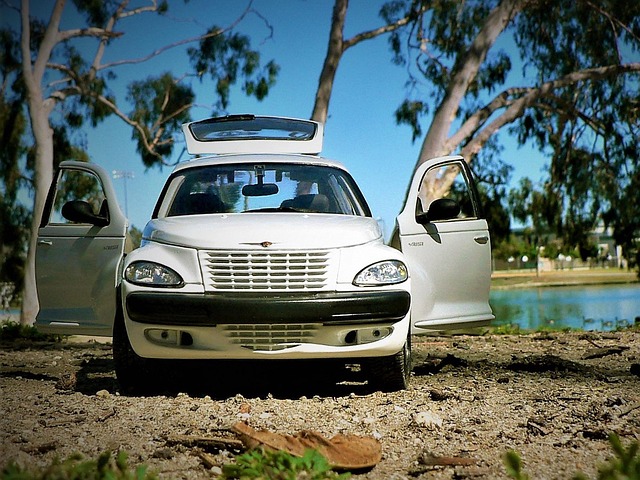The Mercedes Active Body Control (ABC) system, vital for modern vehicle stability and handling, relies on sensors, actuators, and ECUs. Repairs require sensor calibration and ECU adjustments to restore effectiveness, ensuring optimal road contact, cornering precision, and a safer ride. Diagnosing sensor and ECU issues is key; advanced tools scan for error codes to identify problems and calibrate components for peak performance. This meticulous process enhances safety, reliability, and overall driving experience in Mercedes vehicles.
Mercedes Active Body Control (ABC) is a revolutionary system that enhances driving dynamics. When issues arise, proper repair involves sensor and ECU calibration. This article delves into the intricacies of understanding the ABC system, diagnosing sensor and ECU problems, and the critical calibration process for optimal restoration. By following these steps, mechanics ensure Mercedes vehicles regain their superior handling and comfort, highlighting the importance of precise ABC repair techniques.
- Understanding Mercedes Active Body Control System
- Diagnosing Sensor and ECU Issues in Repair
- Calibration Process for Optimal Performance Restoration
Understanding Mercedes Active Body Control System

The Mercedes Active Body Control (ABC) system is a groundbreaking technology designed to enhance vehicle stability and handling. This sophisticated system uses sensors and actuators to monitor and adjust the car’s suspension in real-time, ensuring optimal contact with the road surface. It actively corrects for body roll, improving cornering precision and providing a smoother ride, especially at high speeds or on rough terrain. The ABC system plays a crucial role in modern Mercedes vehicles, contributing to their renowned driving dynamics and safety features.
When considering Mercedes active body control repair, it’s essential to understand the intricate interplay between sensors, electronic control units (ECUs), and actuators. Sensor calibration ensures accurate data input for the ECU, which then makes precise adjustments. If there’s a malfunction, the entire system can be affected, leading to handling issues or even safety hazards. Thus, proper repair involves not just fixing components but also calibrating sensors and ECUs to restore the ABC system’s effectiveness, comparable to car restoration efforts that revive a vehicle’s performance and reliability.
Diagnosing Sensor and ECU Issues in Repair

Diagnosing sensor and ECU (Electronic Control Unit) issues is a crucial step in any Mercedes Active Body Control repair process. These components play a vital role in ensuring the vehicle’s stability and handling, as they constantly monitor and adjust the suspension system. If your Mercedes is experiencing handling problems, such as uneven body roll or poor response during cornering, it could be indicative of faulty sensors or an ECU malfunction. Advanced diagnostic tools are employed to scan for error codes and identify specific components in need of attention.
Proper calibration of sensors and ECUs is essential in a car body repair, especially after incidents like collision damage repair or classic car restoration. Skilled technicians use specialized software to adjust sensor readings and optimize ECU performance, ensuring the vehicle’s active safety systems function seamlessly. This meticulous process not only addresses immediate concerns but also helps prevent future issues, contributing to a safer and more reliable driving experience.
Calibration Process for Optimal Performance Restoration

The calibration process is a critical step in Mercedes Active Body Control repair, ensuring the system functions at its peak performance levels. It involves adjusting the settings and parameters within the Electronic Control Unit (ECU) to match the specific requirements of the vehicle’s suspension and stability control systems. By fine-tuning these settings, the ECU can accurately interpret sensor data, enabling precise control over the car’s body movements. This meticulous process requires specialized tools and knowledge to ensure that each adjustment brings about optimal performance restoration.
During calibration, various sensors located throughout the vehicle are meticulously tested and calibrated. These sensors play a vital role in monitoring wheel speed, body lean, and other dynamic parameters. By ensuring their accurate readings, the system can make informed decisions to counteract body roll, improve cornering stability, and enhance overall ride quality. This attention to detail is what sets apart professional Mercedes Active Body Control repair, ultimately delivering a smoother, safer, and more responsive driving experience for car enthusiasts.
Mercedes Active Body Control (ABC) repair is a sophisticated process that requires precise calibration of sensors and ECUs. By understanding the ABC system, diagnosing sensor and ECU issues effectively, and calibrating these components accurately, technicians can restore optimal vehicle performance. This meticulous approach ensures that the Mercedes’ advanced suspension technology functions seamlessly, providing drivers with a smooth and stable ride.
